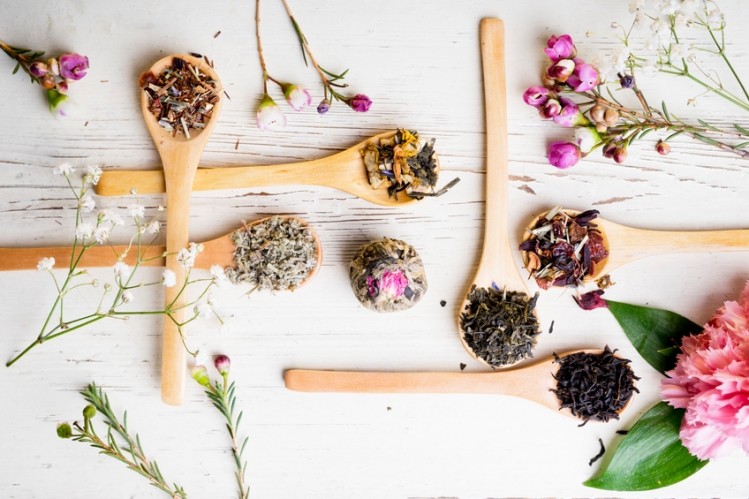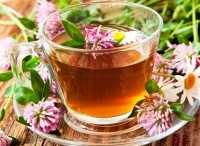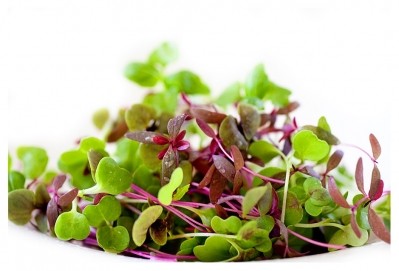Making tea trendy: How can the category appeal to millennials?

Although black tea is still drunk by a majority of UK consumers, there is fierce competition from other beverage categories. New product development that appeals to millennials will be key to the category’s future success, meeting consumer demand for more adventurous, indulgent, and healthy options.
Sweet flavors, learning how to pair tea with savory food, or tailoring teas as an alternative to wine could all be ways to appeal to millennials. Different formats such as tea crystals and liquid instant tea concentrate also appeal to consumers in this generation.
Black tea woes
Black tea remains the most popular variety in the UK, with 70% of consumers drinking it, including 48% who drink it at least once a day.
However, it is older consumers who are the most frequent drinkers of standard black tea, with millennials also turning to varieties such as speciality black tea, green tea and fruit/herbal tea.
A long-running volume decline in overall UK tea sales accelerated in 2016. Further volume decline is estimated in 2017, though less severe than in 2016, to 75 million kg. Rising prices are expected to see value sales stagnate at £638m.
Tea remains under pressure from competition from other drinks. Volume sales are predicted to fall by 13% to 65 million kg by 2022. Meanwhile, rising prices will prop up value sales. These are forecast to stand on a par with 2017, at £638m, in 2022.
The coffee shop culture has boosted the popularity of coffee; while soft drinks attract a younger generation thanks to portability and sweet flavors, which can explain some of the tea category’s struggles.
“However, there does not appear to be an overarching reason why consumers are abandoning their regular cuppa. Even the most common reason, preferring the taste of coffee, was selected [in a Mintel survey] by a minority of less frequent/non-drinkers,” explains Mintel in its Tea and other Hot Drinks UK report.
“Additionally, 22% indicated they had no active reason for limited drinking of standard black tea. Meanwhile, bitterness and a preference towards sweeter drinks are barriers to younger consumers.
“Green, herbal/fruit and speciality teas continue to enjoy growth; however, the overall market is dragged down by the troubles of ordinary black tea bags. Although these are still drunk by the vast majority of people, competition from coffee as well as soft drinks has chipped away at the role of black tea as Britons’ go-to day-to-day drink.
"With usage trailing behind among younger consumers, the key challenge remains to grow tea drinking among younger generations.”
Increasing interest in different tea varieties
While standard black tea has been the traditional staple in the UK, millennials are showing increased interest in other varieties such as fruit teas, herbal teas and green tea, according to Mintel.
Anita Winther, Food and Drink Analyst at Mintel, said: “Consumers aged 25-34 have the widest repertoire of tea, which is reflective of this age group typically having a more adventurous attitude towards food and drink, with a greater tendency to seek out new foods and flavors to try.”
As many as 37% of Brits aged 25-34 have drunk 5-6 different types of tea at home or in the workplace over the past month, compared to just 3% of those aged 55+.
While three in four (74%) of those aged 25-34 drink standard black tea, around half drink fruit tea or herbal/spice tea (51%), green tea (52%), speciality black tea (50%) and one in three (34%) drink instant tea.
Reviving enthusiasm for tea
Value sales growth can be seen in the tea category on the back of new product development.
Indulgent flavors can address younger consumers’ dislike of the bitterness of black tea; while tea’s health credentials – such as being sugar free and including functional benefits –prove popular with millennials.
40% of hot drink consumers (UK) aged 16 - 34 say they’d be interested in knowing more about how to pair tea with savory food, up from a average of 28%. Meanwhile, 12% of adults say they’d be interested in trying teas tailored for drinking as an alternative to wine, rising to 15% of those aged 35 - 44.
The health halo of green, fruit and herbal teas is attracting more and more consumers, as is functional positioning of brands such as Tetley’s Super Everyday Tea range (black tea with functional benefits) and Teapigs’ Feel-Good Tea range.
“Health or functional benefits provided by tea enjoy high appeal, with 72% of tea drinkers interested in at least one benefit,” says Mintel. “Younger people show the keenest interest in health benefits provided by tea, echoing their typically higher interest in products that help improve their health.
“De-stressing/calming attracts the most interest. While this is well established in herbal teas, the widespread view of tea as comforting supports this as a marketing angle more widely. Digestive health is familiar territory for herbal teas, but interest in this in black tea could be explored through ingredients such as added fibre.”
“With sugar remaining in the spotlight, the tea market could benefit from consumers looking for sugar-free drinks. Flavored teas are viewed as a good alternative to sugary drinks by 49% of people who drink tea and/or other hot drinks. Reminding consumers of its sugar-free credentials will be important for the tea category to make the most of this”.
Indulgence
Meanwhile, tea can also seek to tap into the taste preferences of sweet-toothed millennials.
“Sweet flavors have been around in the tea market for a while now, but continue to attract NPD. Such launches could help to grow tea usage among younger consumers: dessert-inspired flavors garner interest from 25% of 16-34-year-olds who drink tea and/or other hot drinks.
“However, indulgent flavor tea is viewed as not tasting intense enough by a sizeable minority. Delivering the indulgent hit will be paramount for such teas to establish themselves as a guilt-free treat and secure repeat purchases.”

















